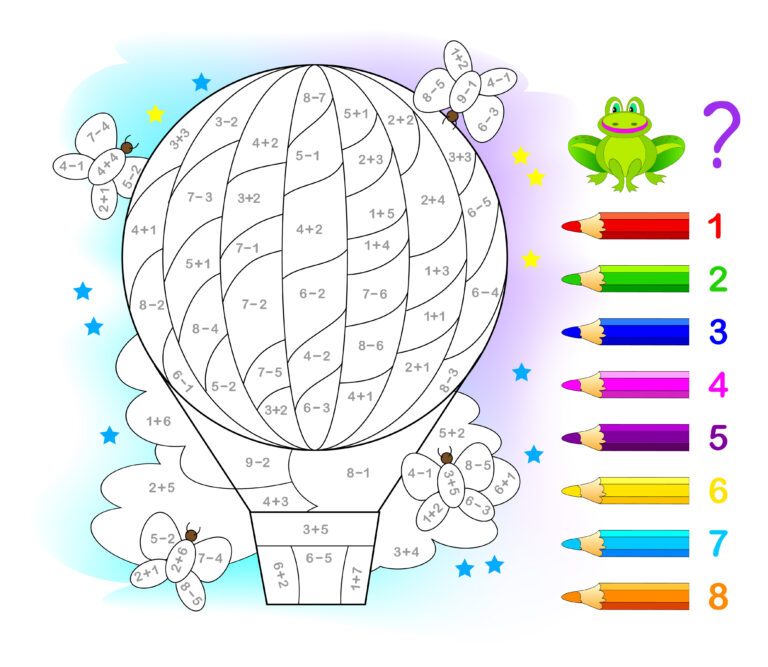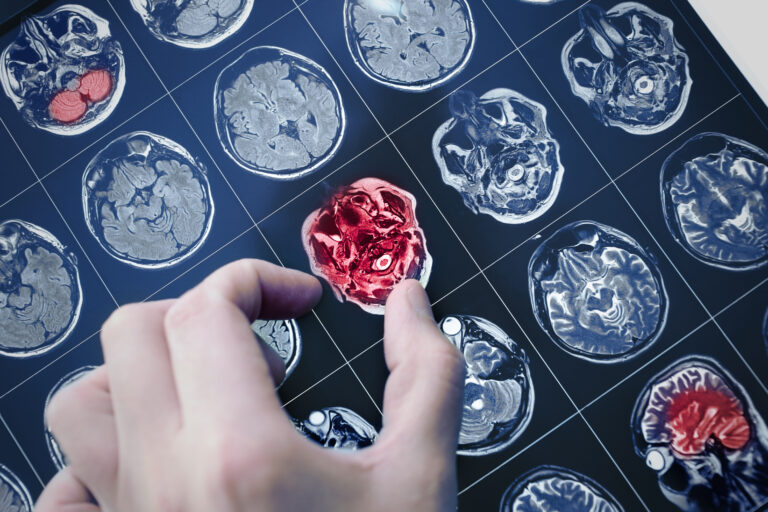Eating seafood dumplings does not equate to exposure to banana radiation. The idea that consuming seafood dumplings would expose you to the same kind or amount of radiation as bananas is a misconception and scientifically unfounded.
To explain this clearly, let’s break down what “banana radiation” means and how it compares to any potential radiation in seafood or dumplings.
Bananas contain potassium, including a small fraction of the radioactive isotope potassium-40. This naturally occurring radioisotope emits very low levels of radiation, but it’s harmless in the amounts found in bananas. The concept of “banana equivalent dose” is sometimes used informally to illustrate low-level natural background radiation exposure — eating one banana exposes you to an extremely tiny amount of radioactivity that poses no health risk.
Seafood dumplings are made from ingredients like shrimp, pork, garlic, ginger, scallions, soy sauce, and wrappers such as wonton or rice paper. None of these ingredients contain significant radioactive isotopes comparable to potassium-40 in bananas. Seafood can sometimes accumulate trace amounts of naturally occurring radionuclides from the environment (like cesium or polonium), but these are typically at levels far below any health concern due to strict food safety regulations and natural dilution.
Moreover, cooking processes involved in making dumplings—boiling, steaming, frying—do not introduce or increase radioactivity. Radiation exposure from food generally comes only from naturally present isotopes or contamination; it is not created by cooking methods.
In short:
– Bananas have a tiny amount of natural radioactive potassium-40; this is normal and safe.
– Seafood dumpling ingredients do not have comparable radioactive content.
– Eating seafood dumplings does not expose you meaningfully to any form of ionizing radiation.
– Any trace environmental radionuclides potentially present in seafood are regulated well below harmful levels.
Therefore eating delicious shrimp or pork-filled dumplings carries no risk related to “banana-like” radiation at all—it’s simply unrelated concepts being confused together.
The myth likely arises because people hear about “radiation” casually linked with foods like bananas due to their potassium content and then mistakenly apply that idea broadly without understanding the science behind it. But rest assured: enjoying your favorite seafood dumpling dish will never be remotely similar in terms of radioactive exposure as eating a banana—and both are perfectly safe foods within normal dietary habits.





